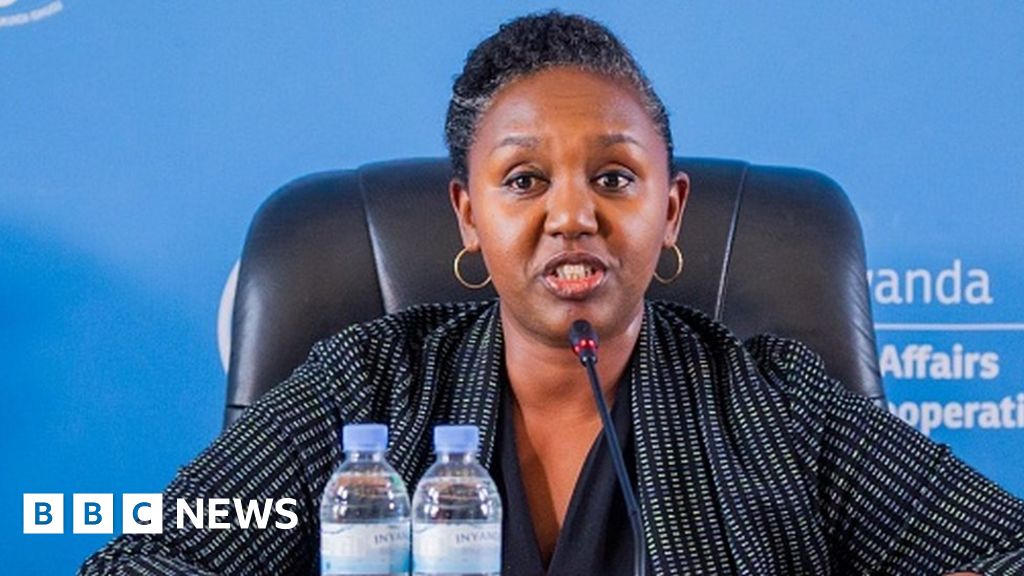The mass protests continued, part of seven consecutive months of the most sustained and intense demonstrations the country has ever seen. Hundreds of thousands of people took to the streets across Israel on Saturday night, while thousands marched to Jerusalem and camped near the Knesset, or parliament, ahead of Monday’s vote.
Netanyahu’s sudden hospitalization has added another stunning twist to the already dramatic series of events that are certain to shape Israel’s future. It comes as Israel’s longest-serving leader grapples with the worst domestic crisis of his long tenure, which has rattled the economy, cracked the Israeli military and tested the fragile social fabric that holds the polarized country together.
Lawmakers began their discussion despite the hospitalization. In a fiery opening speech, Simcha Rothman, the main driver of reform, denounced the courts, saying they had damaged Israel’s democratic foundations by arbitrarily overturning government decisions.
“This little clause aims to restore democracy to the State of Israel,” Rothman said. “I call on Knesset members to approve the bill.”
However, Netanyahu’s health problems disrupted his routine. The weekly cabinet meeting scheduled for Sunday morning has been postponed. His office said two upcoming overseas trips, to Cyprus and Turkey, had been rescheduled.
Netanyahu’s office said he was sedated during the transplant and that the senior deputy, Justice Minister Yariv Levin, stood in for him while he underwent the procedure. Levin, who is close to the prime minister, masterminded the reform process.
In a video from his hospital room Sunday afternoon, Netanyahu, dressed in a white T-shirt and dark jacket, said he was feeling fine. He said he was pushing ahead with the legislation but also seeking a compromise with his opponents.
“In any case, I want you to know that tomorrow morning I will join my colleagues in the Knesset,” he said, without specifying when he would be released.
Israeli media said that final efforts are underway to find a solution to the impasse. But it was not clear whether these would bear fruit.
Lawmakers are set to vote on a sweeping reform that would limit the oversight powers of the Supreme Court by preventing judges from overturning government decisions on the grounds that they are “unreasonable”. Monday’s vote will mark the first major legislation to be approved.
Supporters say the current standard of “reasonableness” gives judges excessive decision-making powers over elected officials. Critics say removing the standard, which is resorted to infrequently, would allow the government to make arbitrary decisions, make improper appointments or dismissals, and open the door to corruption.
The comprehensive reform also calls for other radical changes aimed at limiting the powers of the judiciary, from limiting the Supreme Court’s ability to challenge parliamentary decisions, to changing the way judges are selected.
Speaking in parliament, opposition leader Yair Lapid called on Netanyahu to resume settlement talks and praised the protesters for standing up to the government.
The government of Israel waged a war of attrition against the citizens of Israel and discovered that the people could not be broken. “We will not give up the future of our children,” he said.
The valley below the Knesset was strewn with silver-coloured tents, many covered in Israeli flags. A large anti-reform protest is expected later Sunday in Jerusalem, as well as a counter-protest by government supporters in Tel Aviv.
The protesters, who come from a broad cross-section of Israeli society, see the reform as a power grab fueled by the personal and political grievances of Netanyahu – who is on trial on corruption charges – and his associates who want to deepen Israel’s control over the occupied West Bank and perpetuate controversial exceptions for ultra-Orthodox men.
Netanyahu was rushed to hospital in the middle of the night a week after being hospitalized with what doctors called dehydration.
They then released him after a heart monitor was implanted but he was hospitalized again on Sunday because he showed anomalies, prompting the need for a pacemaker.
Professor Roy Beinart, chief physician and director of the Davidai Arrhythmia Center at Sheba Medical Center’s Heart Institute, said the doctors decided to monitor Netanyahu because he had suffered from a “conduction disorder,” or irregular heartbeat, for years.
He said in a video that the prime minister needed a pacemaker because he suffered a “temporary arrhythmia”, or irregular heartbeat, on Saturday night.
“The transplant went smoothly, without any complications. He is not in a life-threatening condition,” Beinart said. “He feels great and is back in his daily routine.”
In a further escalation of pressure on the Israeli leader, military reservists in rapidly increasing numbers have announced their refusal to serve under a government that is taking steps they see as putting the country on the path to dictatorship. These moves raised concerns that the military’s readiness could be compromised.
These include primary fighter pilots and ground air force personnel. About 10,000 reservists from across the military announced Saturday night that they, too, will stop showing up for duty. More than 100 retired security chiefs have publicly endorsed the increased ranks of Army reservists who plan to stop reporting for service if reform progresses.
“These are serious cracks,” army chief Lieutenant-General Herzi Halevy wrote in a letter to soldiers on Sunday aimed at addressing tensions. “If we are not a strong and cohesive army, if the best in the IDF is not served, we will no longer be able to survive as a state in the region.”
Netanyahu and his far-right allies announced the reform plan in January, days after taking office. They claim the plan is needed to curb what they say are the excessive powers of unelected judges. Critics say the plan would destroy the country’s system of checks and balances and set it on the path to authoritarian rule. President Joe Biden urged Netanyahu to halt the plan and seek broad consensus.
Netanyahu halted the reform process in March after intense pressure from protesters and labor strikes that halted outbound flights and shut down parts of the economy. After talks failed to reach a compromise, he said his government was moving ahead with reform.

“Beer buff. Devoted pop culture scholar. Coffee ninja. Evil zombie fan. Organizer.”



/cdn.vox-cdn.com/uploads/chorus_asset/file/25432052/installer.png)



More Stories
Rwanda will not guarantee the number of migrants it will receive from the UK
Sadiq Khan re-elected Mayor of London in Labour’s latest victory
Southern Brazil was exposed to its worst floods in more than 80 years. At least 39 people died